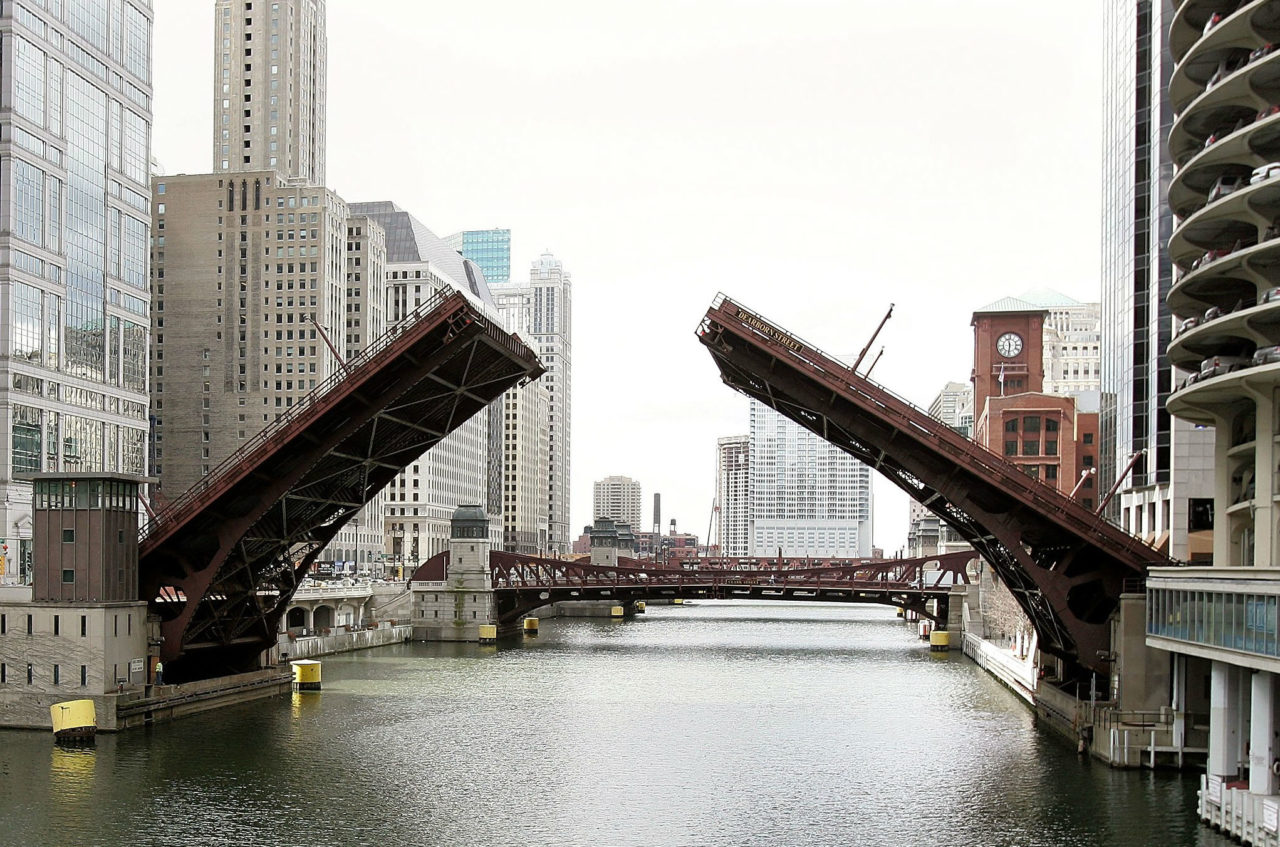Reality Check: Illinois Adjusts Tax For New Chicago Casino


Congressional outcomes have been obtained from a research on the viability of establishing an urban mega-city in Chicago. Illinois has changed the Chicago casino revenue in an effort to increase the likelihood that such a facility will really exist in the future.
After discovering that a blackjack operation in Chicago would be economically unviable, an Illinois state senator has proposed an amendment to the state’s gambling laws. The extensive support for the amendment could potentially convince developers to join the initiative.
The issue with the initial game duty in Chicago
After weeks of negotiations with Governor J.B. Pritzker, the City of Chicago, and members of the Illinois Senate, Illinois Rep. Bob Rita proposed House Floor Amendment 3. This amendment is a revision to the gambling expansion law that was enacted in June.
If the amendment passes, the proposed mega-casino in Chicago may enjoy a significant reduction in its tax rate. This casino could potentially offer up to 4,000 games positions, which is double the optimal amount offered by other casinos in Illinois.
From a technical perspective, the amendment eliminates an extra 33.3% privilege tax that was previously earmarked for the city. Any activity that is not legally recognized as a right falls under the privilege tax. A further illustration of a luxury tax is the estate tax on automobiles, as individuals do not possess a legal entitlement to car ownership as per Illinois state law.
Besides the standard rates that other Illinois gamblers pay to their respective regions and the state, the initial model incorporated a 33.3% opportunity tax. The tax system for games in Illinois is progressive, indicating that as profits rise, the prices also escalate.
Gaming facilities in Illinois are subject to a tax of 50% and 20% for the highest revenue brackets, which are at least $200 million for slots and $25 million for table games, respectively. If the privilege tax had been applied, a casino in Chicago could have potentially paid nearly 74% of its highest earnings in taxes.
The feasibility study conducted by the Illinois Gaming Board discovered that turning a profit could be too burdensome for such a business. As a result, the state is contemplating a substantial change.
information on HFA3’s fresh tax deadline
The press release states that the article accurately mirrors the results of the Gaming Board Feasibility Study. Despite this, a game in Chicago will remain the highest income generator within the state.
The changes propose a new democratic income instead of imposing additional opportunity taxes on standard rates. This particular plan will only cover the proposed facility in the Windy City.
The actual expenses haven’t drastically altered. The casino could surrender up to 74.7% of the standard slot machine income. The maximum profit from table games would be 35%.
However, the brackets have undergone significant changes. Only slot revenues of $1 billion or above and table game revenues of $375 million or more would be subjected to the highest tax rates.
Politicians are hopeful that as a consequence, designers will regard the opportunities more seriously. Although there are numerous existing games in the market, making it somewhat challenging to sell, without any change, attracting buyers would have been nearly impossible.
This action makes the state’s strategy to address issues such as city employee pensions more practical. The article also gives the public reassurance that Springfield has the potential to learn and grow from its mistakes.







